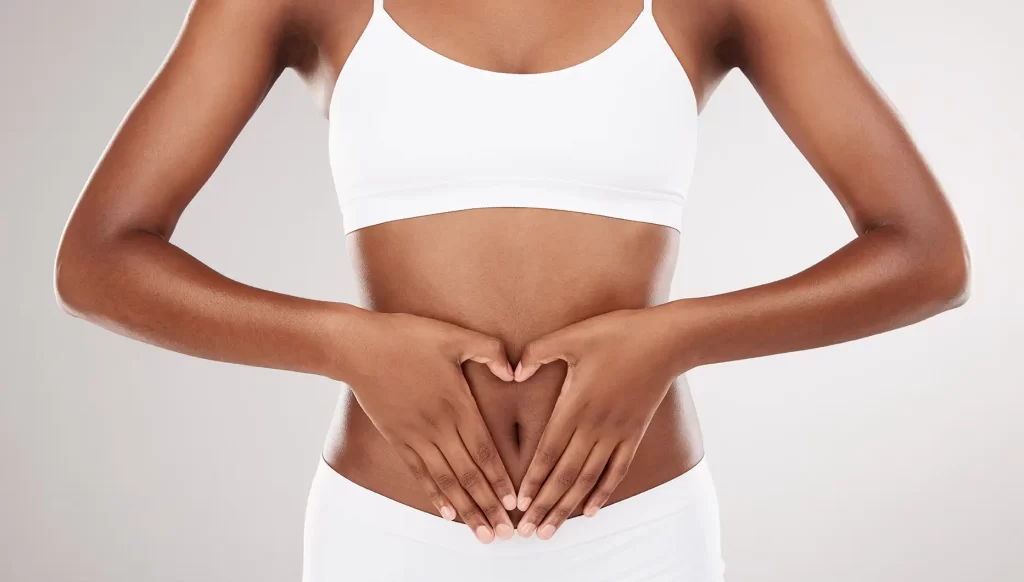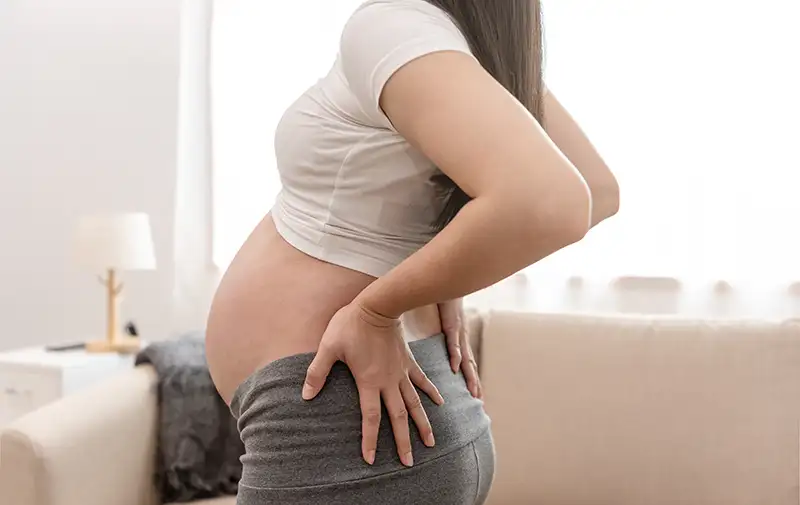5 Reasons why a women’s health physio may help you

You would probably consider seeing a physio if you developed a sore knee, neck or shoulder. But would you consider seeing a physio if you started to wet yourself when exercising or developed pain around your pelvis? Many people, including Doctors and health professionals, do not realise how a women’s health physio can successfully treat bladder weakness and pelvic symptoms in the majority of cases.
Adverts for incontinence pads encourage people to treat the symptoms and not the cause of the problem. They suggest that bladder leaks are something that you just have to live with when this is far from true.
Read on for 5 reasons to seek help from a women’s health physio…
Urinary Incontinence

Do you wet yourself when coughing, sneezing, lifting weights or running? Are you waking up multiple times for a wee during the night? Do you always like to know there is a toilet close to hand? If the answer is yes to any of these questions you may be suffering from urinary incontinence. This is the involuntary leakage of urine and can affect women of any age including those who haven’t had children.
During these activities there is an increase in abdominal pressure. When the pelvic floor muscles are weak they can’t counteract this and urine can leak from the bladder. Physiotherapy is a highly effective treatment and 85% of women can improve or resolve their symptoms with our help. We do this by assessing the strength of these muscles and providing a targeted exercise program to strengthen them. You may have already tried standard pelvic floor exercises and they haven’t helped. A more specifically tailored approach from a women’s health physio is often far more successful in improving your symptoms.
Overactive Bladder
The bladder muscle can become overactive. When this happens you may experience a very strong urge to pee. This may or may not cause you to leak urine but can be very distressing either way. You may have the urge to use the toilet more frequently than normal and multiple times at night. This may contribute to you feeling more tired during the day. Leaking as a result of an overactive bladder is known as urge incontinence.
There are many ways we can help reduce these feelings of urgency and needing to pass urine frequently. We ask you to complete a bladder diary which gives us useful information about your bladder. We use these insights to give you strategies to reduce the sensitivity of your bladder and improve your symptoms.
Pelvic Pain
Some women suffer with pain in the pelvic region during pregnancy. For the vast majority of ladies this goes away within 6 weeks of the baby being born. However for some the pain can persist, sometimes for many years, making everyday activities difficult and painful to do.
In order to get back to doing the things you love, muscles that support the pelvis need to be stronger. Strengthening exercises can be done safely during pregnancy as well as after birth. We can assess which muscles are weaker and tailor the exercises to meet your unique needs. In addition, hands on therapy and acupuncture can be very helpful to reduce pain.
Pregnancy Related Symptoms

During pregnancy a women’s body undergoes many changes in order to accommodate the growing baby and to prepare for labour. The tummy muscles stretch and lengthen along with the pelvic floor muscles. As the baby grows the bladder gets compressed, the rib cage changes shape and the pelvic ligaments relax making it more mobile. These changes can lead to problems such as urinary incontinence, back pain, pelvic girdle pain and rib pain.
Women’s health physiotherapists can help treat treated all these symptoms to make your pregnancy more comfortable and enjoyable. Even if you are not experiencing these symptoms we can provide a personalised exercise program for during pregnancy. This will help reduce the risk of these problems developing, help you to be fit for labour and to care for your newborn. We will tailor the program to your needs as your pregnancy progresses so that you can get the best from your body.
New Mum MOT
Recovery from pregnancy and birth can take time and every women has a different road to getting back to pre natal health. Some women experience symptoms such as a tummy gap (diastasis), urine leakage when coughing, laughing or running or ongoing back pain or pelvic pain.
All these problems can all be improved with the right exercises and lifestyle changes. If you are not struggling with any of these symptoms you may be trying to get back to a sport or hobby and need some specific advice and exercises. We are here to help you to get back to doing what you love free from pain and injury.

If you are looking for some more information check out our Women’s health page on our website where you can book an appointment. The POGP (Pelvic, Obstetric and Gynaecological Physiotherapy) website is also full of very useful advice.
